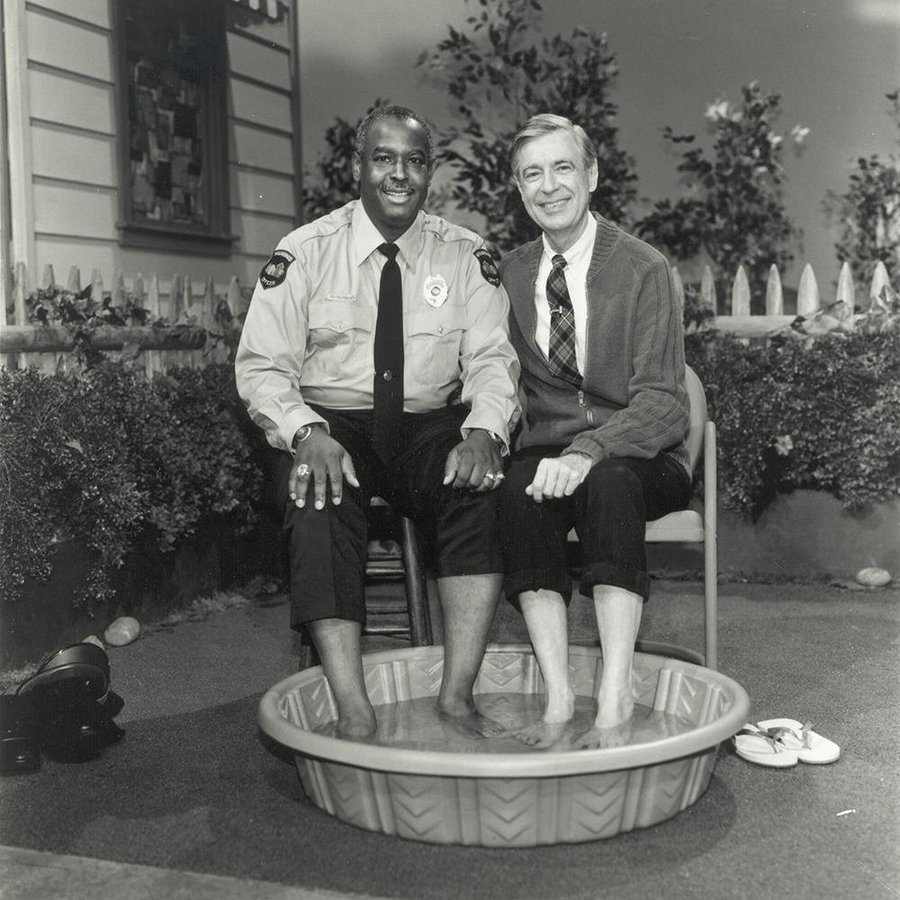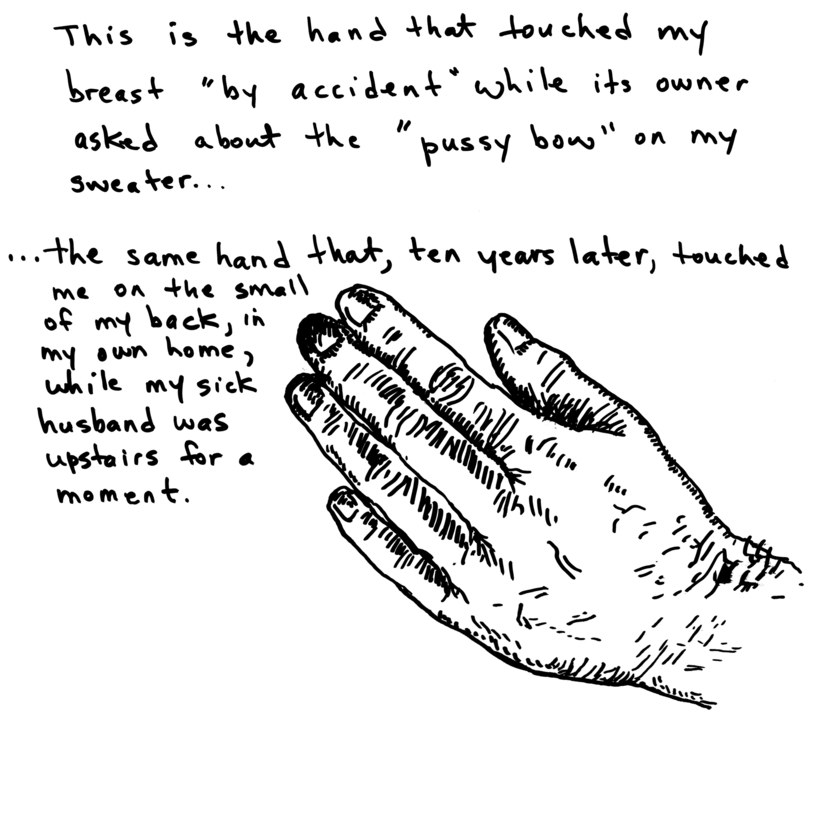A modern day bachelor shares his apartment with the memory of all his past lovers put together. In his fantasy they all share a harmonious loving relationship, synced into one being. The fantasy falls apart when he meets a real woman and has to choose between the safety of daydreaming and the challenges of real love (via).
Oren Lavie (writer/director) uses a relationship to express the struggle between safety and reality- and for good reason, because so many of our relationships and lives are ruined or inspired by those we've loved or hoped to love.
They dance in the halls of our lives, sit with us as we sip our morning coffee, wave us out the door, and wait patiently for us to return. They're there when we watch movies, when we toss and turn on sleepless nights, when we read the morning paper, alone, with only our coffee to keep us company, and they're there when the door opens and she, our new hope at love, walks through the door.
At first, the new love makes all previous experiences dull and still, because the newness is alive and full of life (the plant!). Yet, all the while there's a similarity to it all (making out on the couch) and a comparison (her rubbing her neck), until suddenly, from behind the couch, the mundane, the routine, the past slips up from behind the couch. Then suddenly, it and they are everywhere, dancing all around and invade the couch (and stop the dance).
At first, it's only one, then several, and they consume the couch, pushing reality to the edges, until it can no longer exist and must move out and on, becoming another dream, another hope failed, who leaves with the plant and forever haunts.
Yet, she smiles.
Why? Why does she smile?
I've watched this short film several times and the only conclusion I can come up with is that that too is part of the daydream, that these woman, these hopes and dreams like to be part of the endless, dull cycle. That they enjoy existing in his endless daydream rather than living in his reality. Because how else could he exist? (After watching this with my Junior students, I kind of like their explanation better - "because they won. The memories won, not the real girl."
Damn.
The safety in daydreaming is that it is complete bullshit. We often remember ourselves better than we were, pick and choose what we love and like most out of ourselves and people and events, and imagine, amidst all our gross and disturbing faults, that people remember and think of us with a smile. That they are waiting patiently by the window, waiting for us to return.
The same goes for dreams.
Reality, however, doesn't dance seductively while we work and type and head to the bathroom to take our morning poop. It punches us in the teeth or walks out the door. It requires us to work and fight and get outside ourselves and our daily routines. It asks of us to change, to grow, and to fight for the space on the couch.
Otherwise, instead of catching hold of the beautiful and wonderful of life, we end up alone, with the elusion of smiles, and the promise of a lonely, empty future filled with daydreams.
This film is the award winning 2nd installment in the BEDROOM TRILOGY, a visual adaptation of the BEDROOM CRIMES album." The first installment is DID YOU REALLY SAY NO.
For more on . . .
-N- Stuff : On Living : Short Films : Inspiring Art































